large underground larvae
transplant_england
17 years ago
Related Stories

BASEMENTSWhat Lies Beneath: Cool Things to Build Underground
Ingenious designers are going below the surface in some amazing — and surprising — ways
Full Story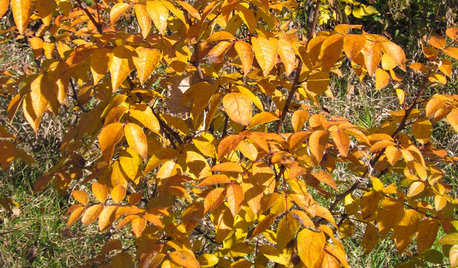
FLOWERS AND PLANTSCommon Pricklyash Provides Reliable Orange or Gold Color in Autumn
Zanthoxylum americanum also serves as food for pollinators, nesting site for songbirds and host for butterfly larvae
Full Story
REMODELING GUIDESContractor Tips: Finish Your Basement the Right Way
Go underground for the great room your home has been missing. Just make sure you consider these elements of finished basement design
Full Story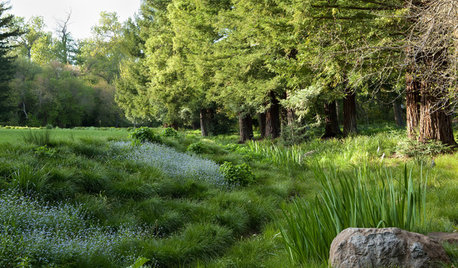
LANDSCAPE DESIGNHow to Move Water Through Your Landscape
Swales, underground pipes or a mix of both: There’s more than one way to distribute water in the garden
Full Story
ARCHITECTURE4 Zurich Projects Build on High-Rise Livability
Generous landscaping, underground parking and terraces make these apartment complexes models of thoughtful housing
Full Story
LANDSCAPE DESIGN8 Stylish Storage Solutions for Your Patio and Garden
See how to stash your outdoor cushions, rugs, tools and toys on a table, in a bench and even underground
Full Story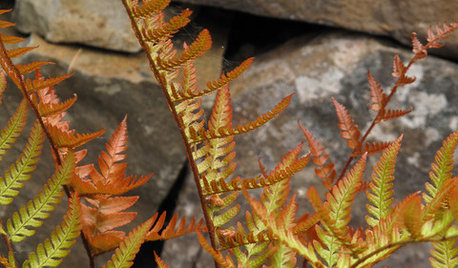
GARDENING GUIDESGreat Design Plant: Autumn Fern Adds Color All Year
Use this evergreen, easy-care fern for soft texture and coppery tints in container gardens and the landscape at large
Full Story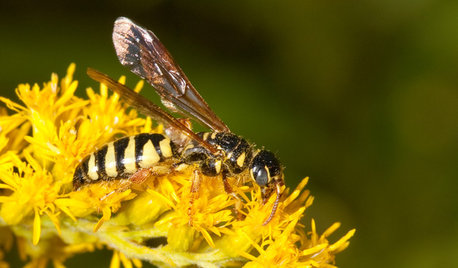
GARDENING GUIDESAttract Thynnid Wasps With Summer-Flowering Native Plants
These beneficial insects will hunt damaging beetle grubs in your lawn
Full Story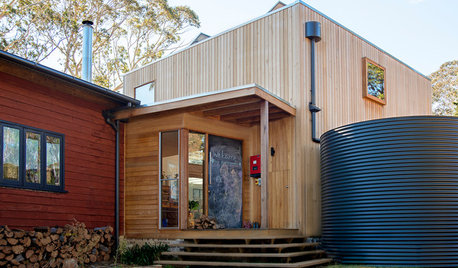
SAVING WATERIs a Rainwater Cistern Right for You?
These extra-large containers reduce runoff and save on the use of potable water for the landscape
Full Story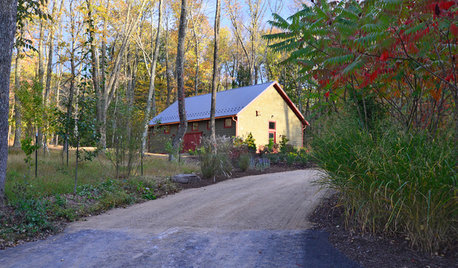
BACKYARD STUDIOSMaster Builder Crafts a Dream Workshop
A design-build firm owner uses an economical building method for his large shed and finishes it off nicely to blend into the scenery
Full StorySponsored






agardenstateof_mind
tracey_nj6
Related Professionals
Maple Valley Landscape Architects & Landscape Designers · Marco Island Landscape Architects & Landscape Designers · Prairie Ridge Landscape Architects & Landscape Designers · Rancho Palos Verdes Landscape Architects & Landscape Designers · Anderson Landscape Contractors · Lancaster Landscape Contractors · Mashpee Landscape Contractors · Mastic Beach Landscape Contractors · Shoreview Landscape Contractors · Waltham Landscape Contractors · Redan Swimming Pool Builders · West Palm Beach Swimming Pool Builders · Coral Gables Fence Contractors · Tacoma Fence Contractors · Thousand Oaks Fence Contractorssugar_magnolia
mprats
agardenstateof_mind
Annie_nj